A class project helped these women entrepreneurs develop a new contraceptive device
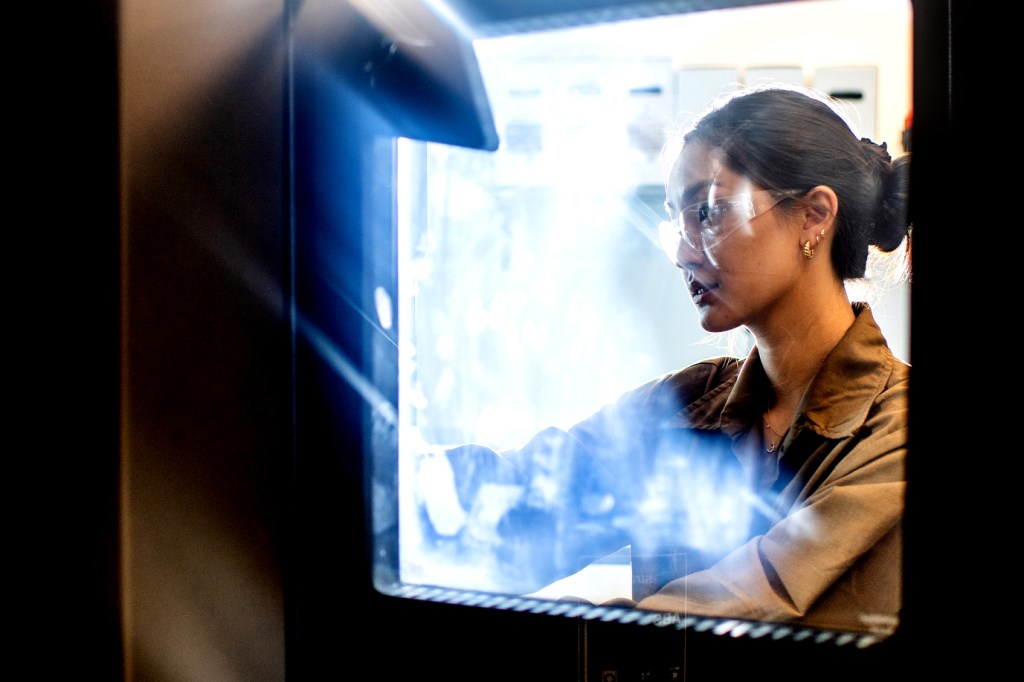
It started with a class project in 2018. Emily Man and Valeria Martinuzzi hardly knew each other. Their idea for an affordable contraceptive device that was not associated with side-effects gained traction.
They became co-founders of a startup, Venova Technologies.

It started with a class project in 2018. Emily Man and Valeria Martinuzzi hardly knew each other. Their idea for an affordable contraceptive device that was not associated with side-effects gained traction.
They became co-founders of a startup, Venova Technologies.
Now they have earned an inaugural $10,000 Innovator Award from Northeastern’s Women Who Empower inclusion and entrepreneurship initiative. The awards recognize 19 women who are graduates or current students at Northeastern. They will receive a total of $100,000 in grants to help fuel 17 ventures.
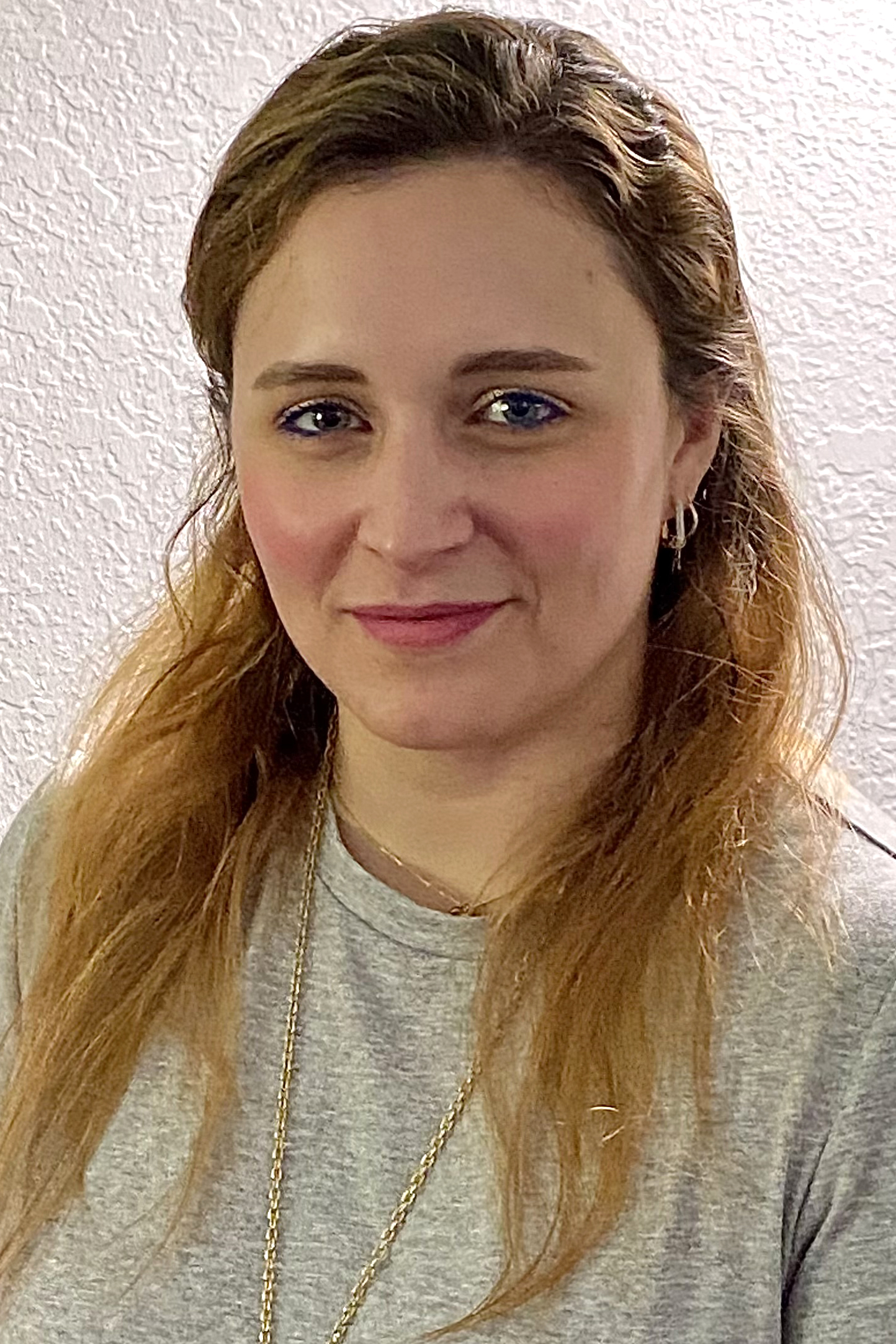
Venova Technologies has been invited by the National Institutes of Health to perform non-human primate studies of the device. The Innovator Award will help fund those studies, says Man. Next will come a series of clinical trials.
“Because they’re subject to such strict regulatory processes and clinical trials, there is a long time horizon for medical device development,” says Man, who graduated in 2019 with master’s and bachelor’s degrees in bioengineering and biomedical engineering. “The average time it takes from concept to market is five to seven years.”
Man and Martinuzzi met while taking a Design of Implants class two years ago. They were members of a team of four women engineers tasked with investigating unmet needs in women’s reproductive health. They presented their idea for a new contraceptive device to a panel that included Dr. Eric Lee, who would join them as a co-founder of Venova Technologies.
“At the beginning of his career, he also worked on a contraceptive solution,” Man says of Lee. “So I think it was close to his heart, because that’s where his career began as well. And I think he saw a very similar passion in our presentation.”
Man and Martinuzzi are limited in publicly discussing the details of their device because the patent is pending.
“It’s completely different from everything else that you see on the markets,” *Man says. “It has a first-of-its-kind barrier method that doesn’t rely on copper or hormones. But it doesn’t compromise on long-term effectiveness and reliability, as you see with other barrier methods.”
They developed their idea after discovering a gap in the contraceptive market, says Martinuzzi.
“We knew that if we were able to find a solution that would fill this gap, it would greatly benefit a lot of women across the globe,” says Martinuzzi, who earned her Northeastern master’s in bioengineering. “As engineers, we had a lot of brainstorming sessions until we came up with this idea.”
Their market research made them aware of the need for a new contraceptive.
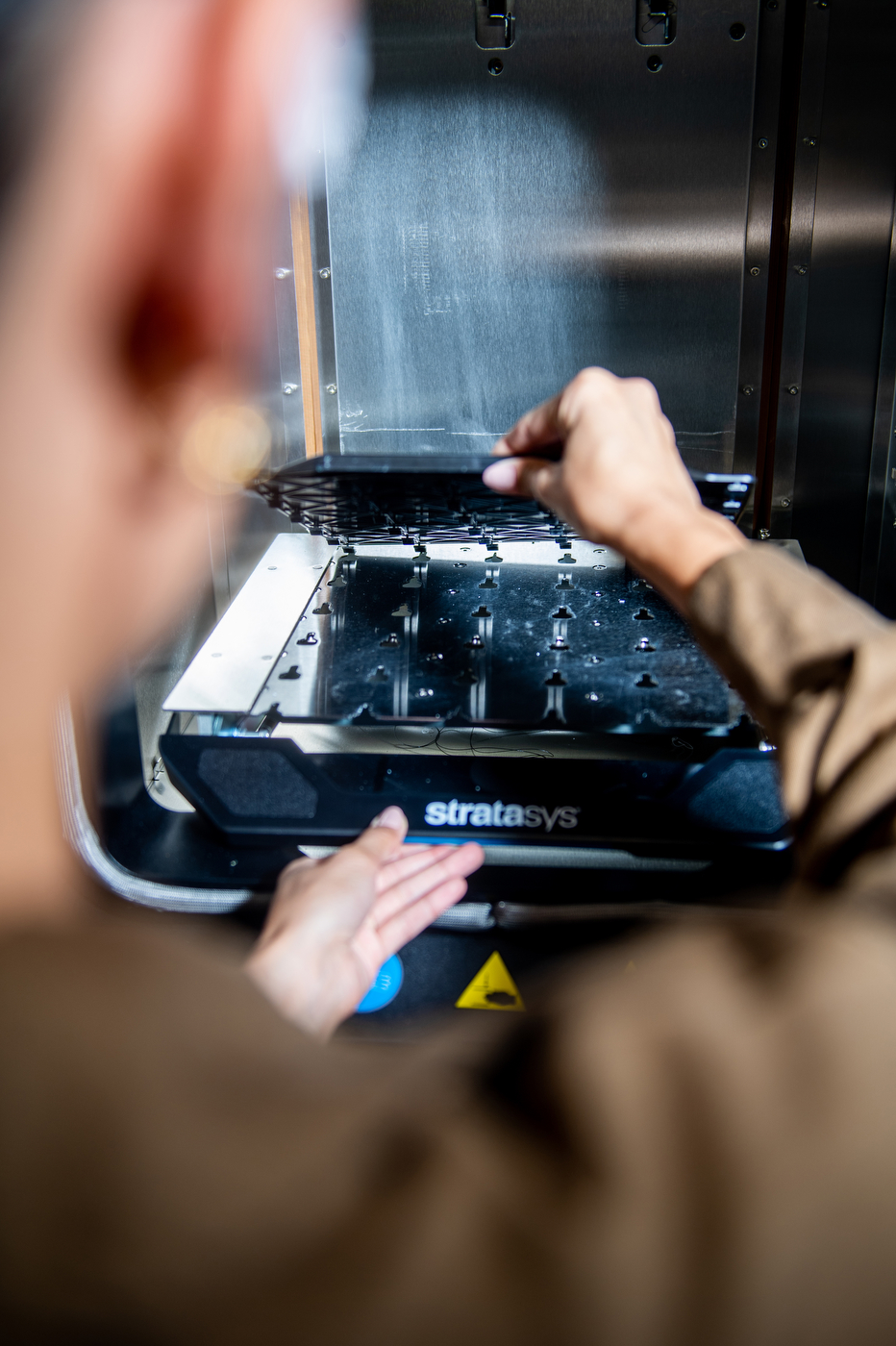
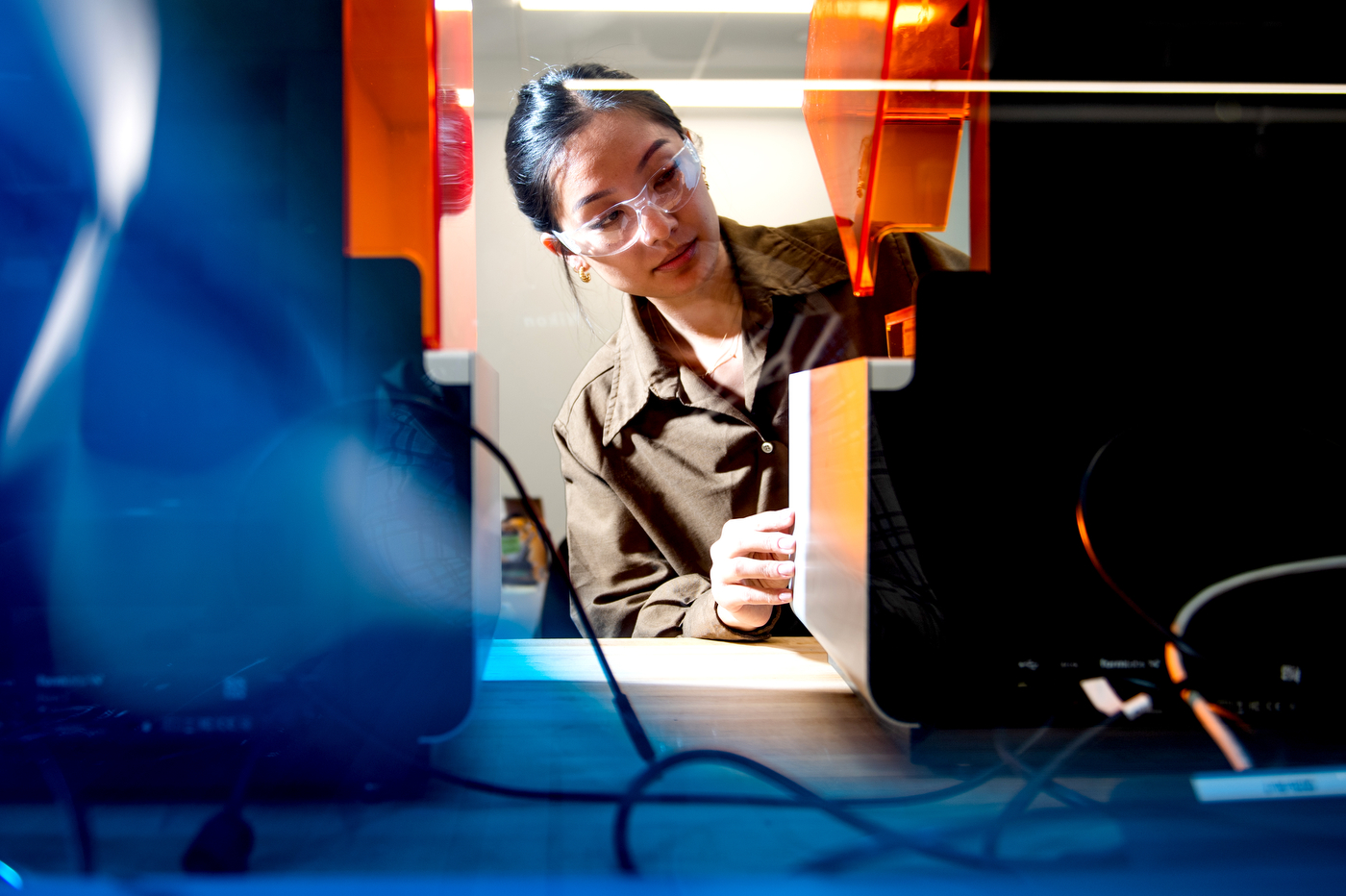
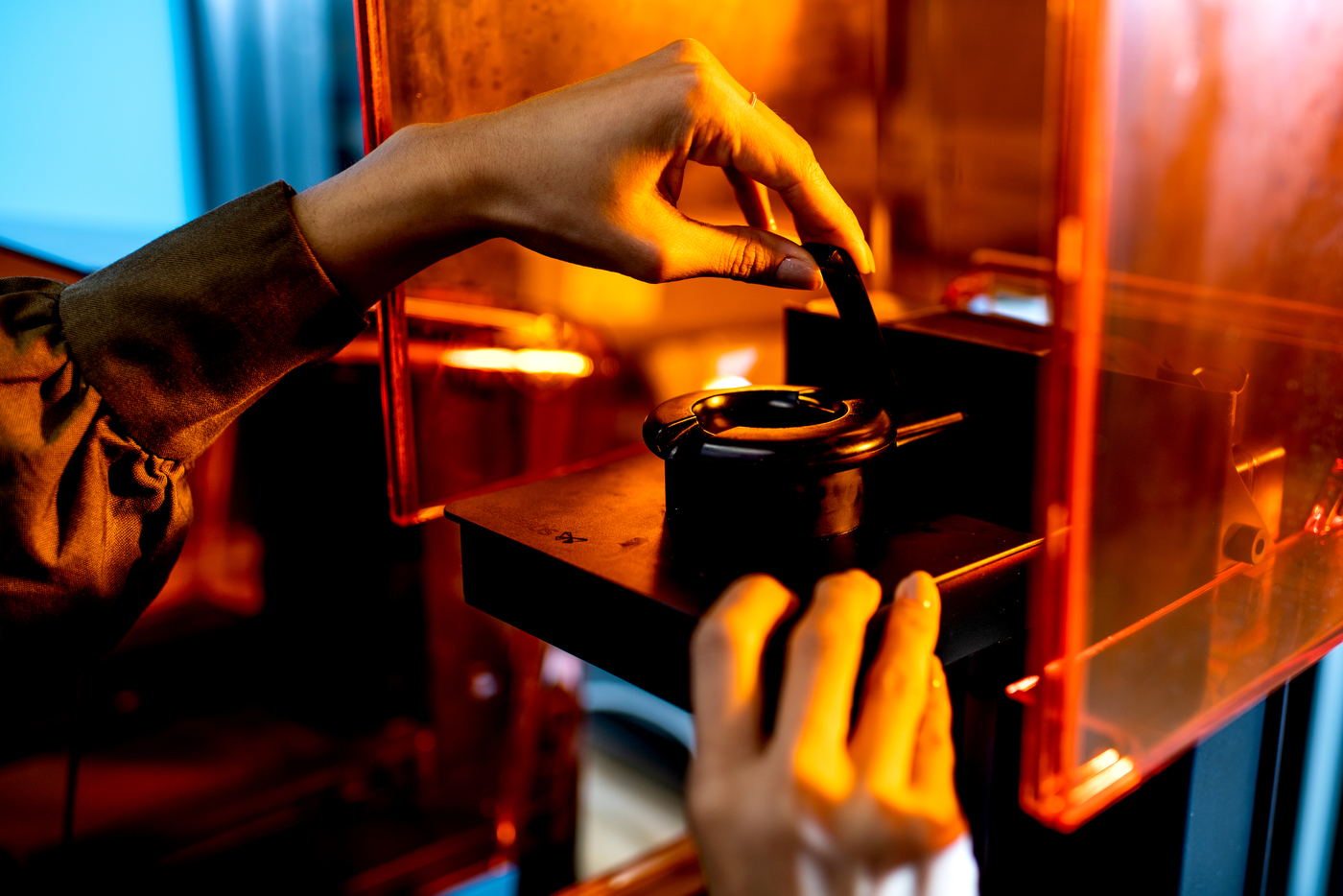
“We started doing this research and talking to the people around us, and we realized that women are not really open about this,” Martinuzzi says. “It’s not a conversation that is commonly had. I was forced to have conversations with my friends, with my family members, and I realized that even the people around me had a lot of issues with contraceptives. That was eye opening.”
The two partners were able to work through the COVID-19 pandemic because they already had grown used to working remotely. Man is based in Cambridge, Mass., while Martinuzzi is in Miami.
“It’s very exciting,” Martinuzzi says. “It’s part of why we got into this industry, bioengineering—it’s the passion to create devices that would make people’s lives easier. When you find a gap like this and you find a potential solution, all you can do is push it forward. Because you can’t stop now.”
For media inquiries, please contact media@northeastern.edu.






